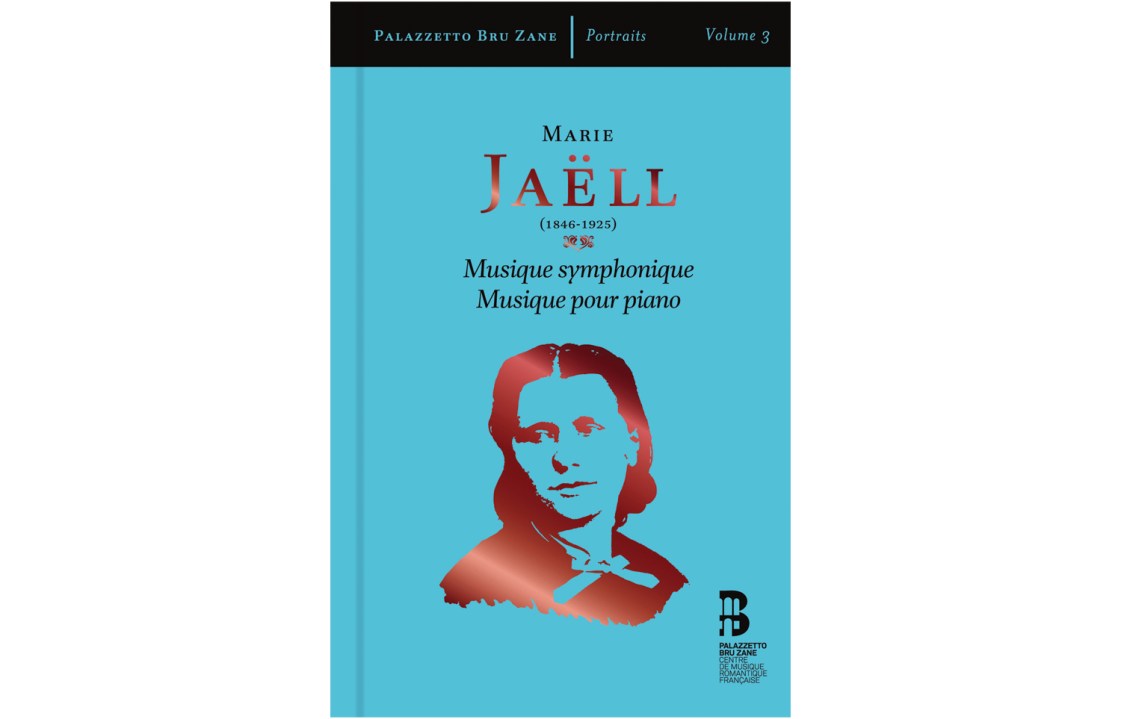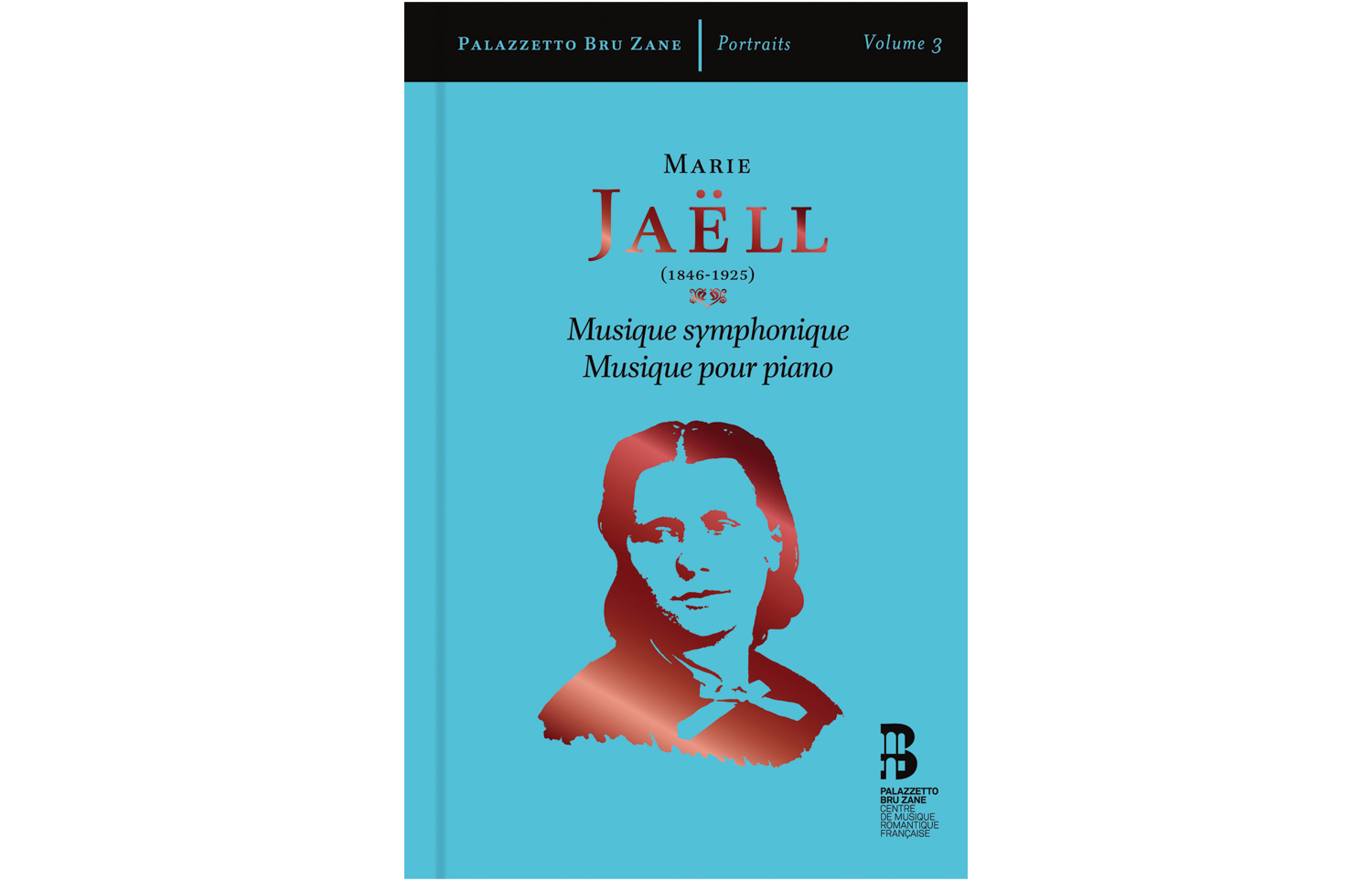One of the most intriguing piano concertos of the late 19th century is unknown to the public – and no wonder: so far as I can work out, it has only been recorded once, on a speciality label devoted to neglected French repertoire. As I write this, there are only 11 copies available from Amazon and I recommend that you grab one quickly, because the Second Piano Concerto of Marie Jaëll (1846-1925) demands repeated listening.
If you want proof women of the era could move beyond well-carpentered clichés, listen to Marie Jaëll
The concerto’s harmonic language is superficially conventional: sweeping tunes decorated by arm-swinging arpeggios. But the melodies are lopsided and from time to time the soloist’s butterfly textures are reduced to single notes on which the finger lingers defiantly, exploring every possibility of touch.
The relationship between the pianist’s body and the keyboard was Jaëll’s lifelong obsession. In 1894, ten years after Liszt himself hailed her concerto as ‘a brilliant masterpiece’, she abandoned composition permanently to work on her whole-body ‘Method’ of playing the piano. This is based on the notion – not easy to get your head round – that the touch on the key relates to movement in the same way that vision depends on light. Jaëll, a young widow from Alsace, believed with religious passion that the production of sound can boost our capacity to acquire knowledge of the universe. Finger movements ‘become artistic only if their image pre-exists in the brain’, she wrote.
Jaëll’s biographer Catherine Guichard argues that she anticipated the discoveries of 21st-century neuroscience; also, less convincingly, that ‘in spirit, Marie Jaëll was close to quantum physicists’. (French scholars can’t resist this analogy, despite the famous Sokal hoax in which a physicist humiliated a postmodern journal by publishing an attack on scientific objectivity based on deliberate nonsense about ‘quantum gravity’.









Comments
Join the debate for just £1 a month
Be part of the conversation with other Spectator readers by getting your first three months for £3.
UNLOCK ACCESS Just £1 a monthAlready a subscriber? Log in